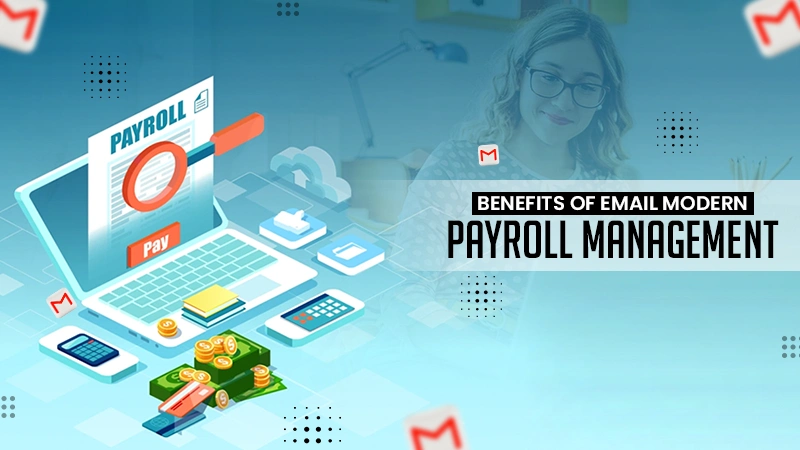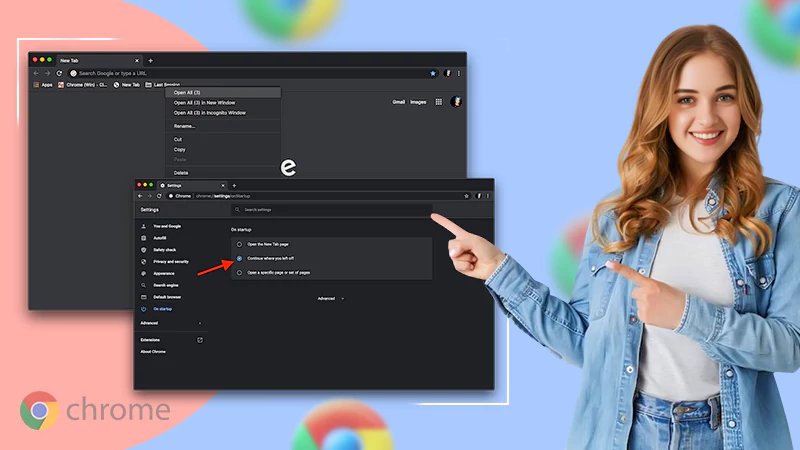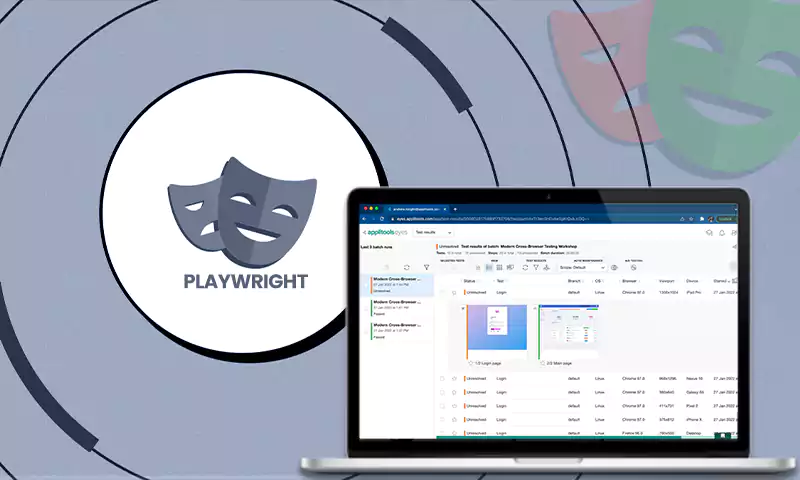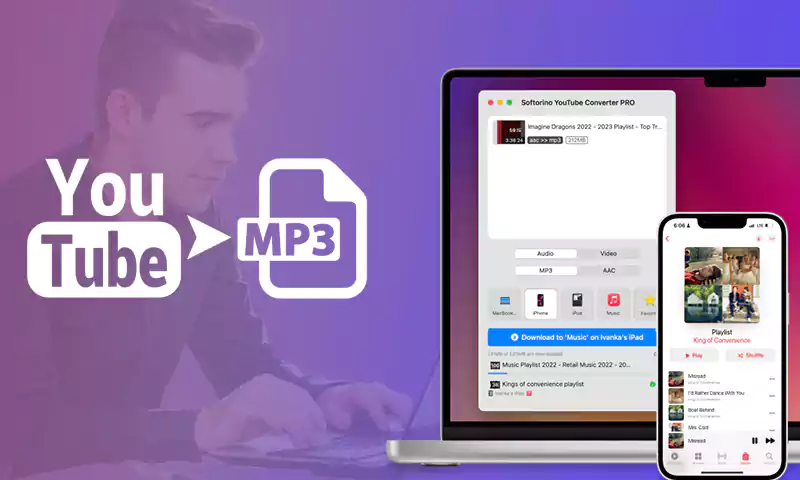Speed Up Your Web Performance with These Tips
A website’s loading speed is one of the most important aspects to consider when trying to improve its performance.
Fortunately, there are a number of things you can do to speed up your website. From optimizing your images to minifying your code, here are some tips that will help you improve your web performance.
Speed Up Your Website: The Ultimate Guide
A website’s loading speed is determined by a variety of factors, including the size of the files that make up the site, the number of HTTP requests that need to be made, and the server response time.
There are a number of ways to speed up your website. One is to optimize your images. This means compressing them so that they take up less space and load faster. You can also minify your HTML, CSS, and JavaScript files. This means removing any unnecessary characters, such as whitespace, from the code.
You can improve your server response time by using a faster web server or optimizing your database queries or by using progressive web apps.
Another way to speed up your website is to use a content delivery network (CDN). A CDN is a network of servers that deliver content to visitors based on their geographic location. By using a CDN, you can ensure that your website’s files are delivered from a server that is close to the visitor, which will help reduce loading times.
Finally, you can also improve your website’s loading speed by caching static resources. This means storing frequently accessed files on the visitor’s computer so that they don’t have to be downloaded each time they visit your site.
What are Some Common Causes of Slow Web Performance?
There are many potential causes of slow web performance, but some of the most common include:
- Insufficient bandwidth
- Poorly optimized code
- Too many HTTP requests
- Heavy images or videos
- Inefficient server response time
What are the Benefits of Faster Web Performance?
There are many benefits of faster web performance, including:
- Improved user experience: Faster web pages lead to happier users. Studies have shown that even a one-second delay in page load time can result in a 7% decrease in conversion rates.
- Reduced server costs: Faster web pages mean that your server can handle more traffic without incurring additional costs.
- Improved search engine ranking: Google and other search engines take page speed into account when determining search engine rankings.
- Increased revenue: All of the above factors can lead to increased revenue for your business.
There are a few key things you can do to help improve your website’s performance.
Share















